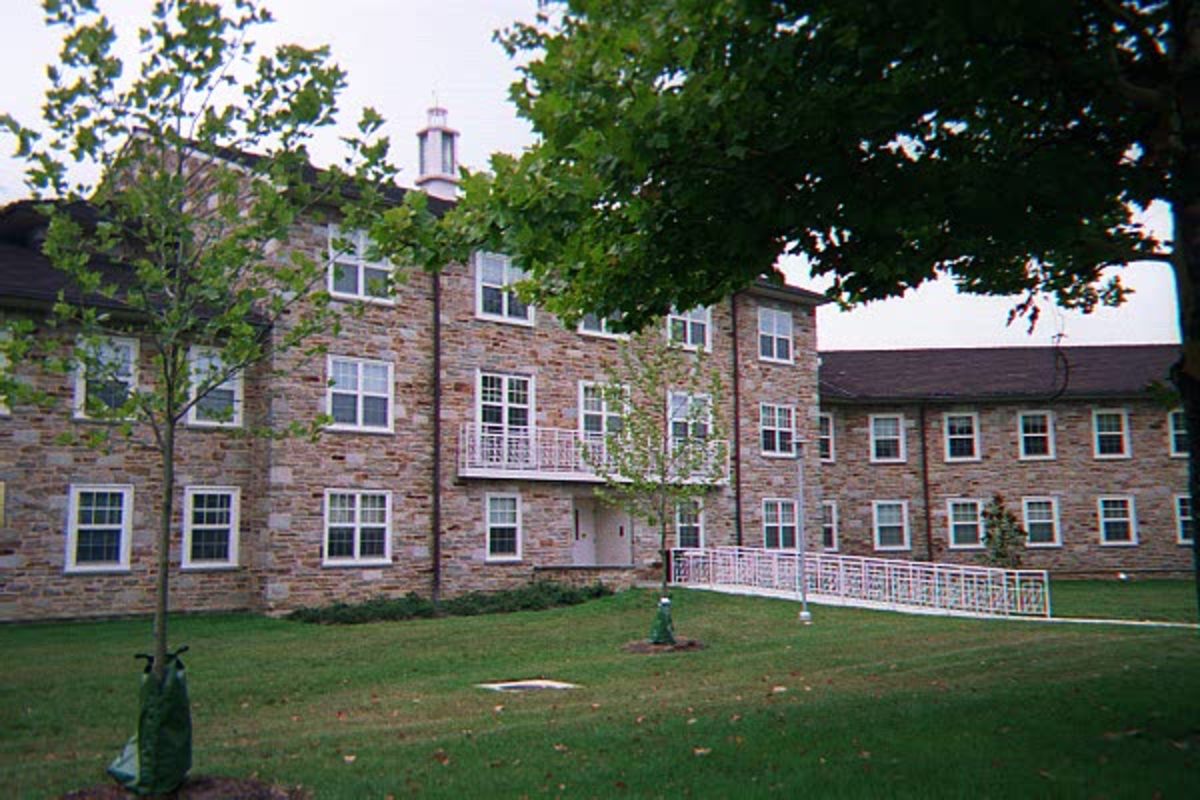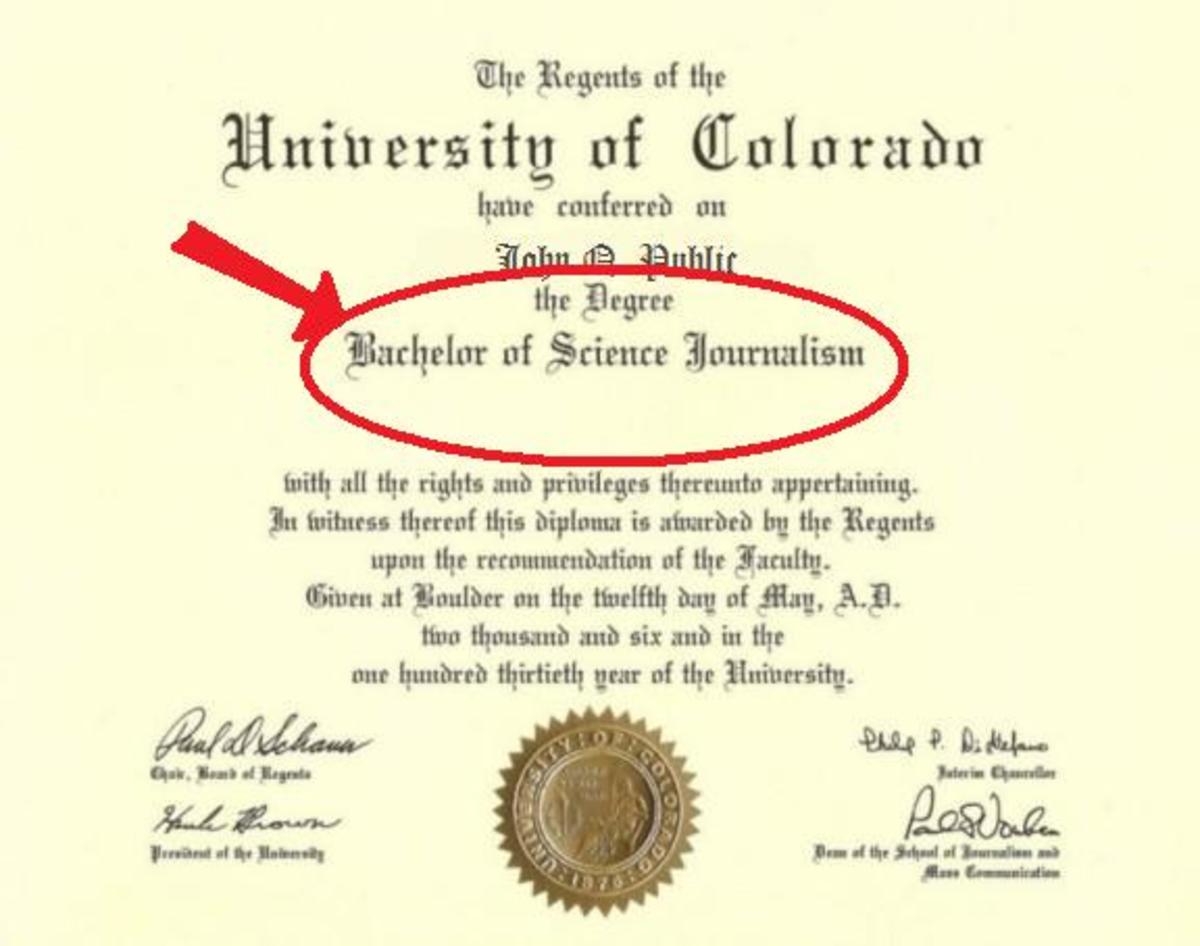Why Choose to Go to a Community College?

Community colleges – sometimes also called junior colleges – often get a bad rap. People look down on them because they are open enrollment (anyone can go), and they don’t have the same opportunities that some of the four-year universities have. That’s doesn’t make them bad colleges, though, and, many of the things that people see as negatives can actually be positives. Community colleges have a lot to offer their students.
I should know; I’ve been both a teacher and a student at a community college. I dropped out of high school in my senior year, got my GED, and swore off higher education. But then my husband got a job at a community college, and I thought, “why not?” I got my Associate’s degree in General Studies, but then kept going. So far, I’ve gotten a Bachelor’s of Science in Information Technology, a Master’s of Liberal Arts, a Master’s of Arts in English Literature, and a Post-Master’s Certificate in College Teaching. Now I’m enrolled in an MFA in Creative Writing. That is one danger, I suppose, in going to a community college – it might teach you to love learning.
Job Opportunities
Having an Associate’s degree from a community college opens up all sorts of doors in the job market. It can help you become a Registered Nurse, a Dental Hygienist, a Respiratory Therapist, a Computer Programmer, a Telecom Installer, an Industrial Engineering Technician, a Police Officer, an HVAC Mechanic, or a Paralegal. All you need to get started in any of those constantly growing fields is an Associate’s degree.
Costs
As a general rule, community colleges are the best bang for your buck. A recent study done by the Community and Technical Colleges of Washington State discovered that a year at a community college averaged $3,135, while public universities averaged $7,689, private vocational and career colleges averaged $20,750, and private four-year universities averaged $35,000. For an Associate’s degree at a public community college, you may only spend $6,000 or less.
It’s not just the financial costs, either. The time commitment for a degree from a community college is less. Degree programs for Associate’s degrees can generally be finished within two years (with full-time enrollment), and certificate programs normally require approximately half the time of an Associate’s degree. Obviously, the time can vary, but especially with so many community colleges now offering online, evening, and self-paced courses, it may be possible for you to complete the degree in the expected time without taking too big a chunk out of the rest of your life.
Class Size
Unlike universities that offer stadium seating and a hundred other students surrounding you, most community college classes have no more than 30 students. This gives you, the student, an excellent chance of getting to know not only your fellow students, but also your professors. You can ask questions, get additional help, and feel that sense of belonging to a small group. Most community colleges do not employ teaching assistants, which many universities do, which means that your teacher is the one who will be teaching the class, assigning the work, and grading the work. That can make a big difference! After all, who do you want teaching you – a professor or another student?
Community College Success Story from Seminole State College
Scholarships
One great thing about community colleges is that, unless there is a problem, they will offer federal financial aid and grant programs. Because of their low cost, and depending on your income, you may be able to pay for their entire degree without having to borrow money from a private lender or even take out an unsubsidized loan! (Remember, grants don’t need to be paid back as long as any conditions are met; subsidized government loans do not accrue interest while you are in school; unsubsidized government loans do accrue interest while you are in school.)
But that’s not all – many community colleges have special scholarship programs that have been set up by local organizations, past graduates, or others. Since the pool for these scholarships is smaller than national scholarships, you have a greater chance of receiving scholarship funds. Many are specific, such as for male nursing students or female business students, but others are more general and may only require a specific GPA, such as 3.0 or higher. Ask at the financial aid office for a list of scholarships and how to apply for them.
What do you think?
Is community college a good choice for you?
Degree Programs
Most degree programs at community colleges are approximately 60 credit hours. Keeping in mind that each class is normally three credit hours, that’s only 20 classes. A “full-time” schedule (for financial aid purposes) is 12 credit hours, or about four classes. Some classes may be more than three credit hours, especially sciences and health classes that require labs. However, with that in mind, you can take six semesters (two spring, two summer, and two fall) with only two classes in the summer and four classes in the fall and spring, and in two years, you’ll be graduating!
Community colleges aren’t as limited as they once were. Depending on the school, they may offer degree programs in agriculture, architecture, biological and biomedical sciences, business, communication and journalism, computer sciences, culinary arts, education, engineering, legal, liberal arts or humanities, mechanic and repair technologies, medical and health professions, physical sciences, psychology, and visual and performing arts. Check the catalog for your local community college – you may be surprised with all the options you find!
Certificate Programs
Certificate programs are often 20 to 30 credit hours, and they are meant to be completed in approximately a year. Certificate programs are focused on a single topic, and because of that, they often do not require all the classes that an Associate’s degree would, such as English, math, etc.
By no means a complete listing, these are just some of the certificate programs offered by community colleges: child development or early childhood education, communications and broadcasting, computer sciences, court reporting, criminal justice, culinary arts, EMT, END, industrial design, office administration, paralegal, pharmacy technician, process technology, and vocational nursing, as well as other health-related specialties.
Community: Study Break Mini Episode #1
Find a Community College Near You
- Community College Review - Profiles of Community & Junior Colleges
Links to over 1,500 community colleges around the U.S.A. Help with finding the right school. - Community College Finder
- U.S. Community Colleges, by State
Transfer Programs and Matriculation Agreements
In many cases, you can take your community college Associate’s degree and go to a public (or some private) universities, taking the first two years off of the Bachelor’s program. Many community colleges will have matriculation agreements or transfer programs set up with local universities; they provide the community college with requirements for the first two years of the program, and student can complete the two years, walking in with only two years left to finish a Bachelor’s degree, but at a fraction of the cost of the full degree if it had been taken at the university.
In addition, many states are now allowing high school students to take college-level classes for dual credit. For example, in Texas, the TEA reports that in 2009, 308 students earned both a high school diploma and an Associate’s degree at the same time. Check with your local high school and community college to see if it’s an option for you.
Community colleges may be portrayed as a joke or funny, especially in some television shows, but they aren’t. They can help you save money and time and provide you with a great future and career opportunities in as little as a year.
Learn About Your Potential Professors
- ProfessorPerformance.com | Rate My Professor | Rate Professor
Rate My Professor - Students can share syllabus, rate professor, and reply to posted ratings. - StudentsReview : Professor Reviews and Ratings
Review your professor, report course problems to your instructor anonymously - RateMyTeachers.com - Professor, Teacher Ratings and Reviews by Public and Private School Students Pa
Over 2.1 million professors and teachers, with 20 million ratings, reviews, and opinions. Find your college, university, or high school on RateMyTeachers.com in the United States. Leave your mark and rate your professor, teacher, or school! - Rate My Professors – Find and rate your professor, campus and more – RateMyProfe
Over 1.5 million professors & 13 million opinions. Rate My Professors is the best professor ratings source based on student feedback. Find & rate a professor!









